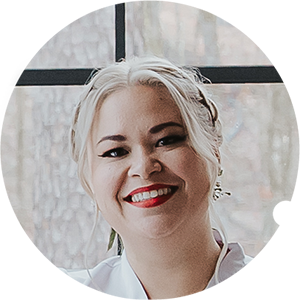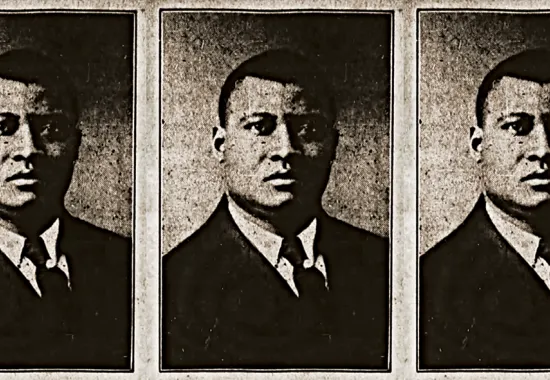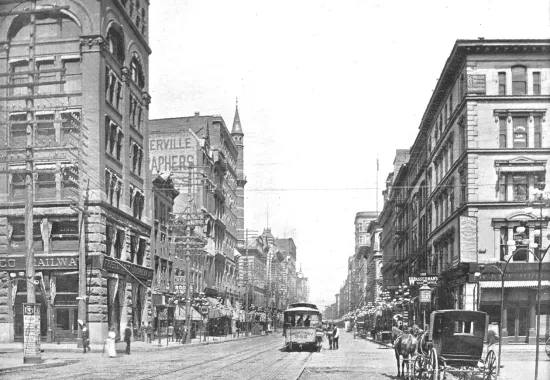Blue Razz Berry
Once when I was very young, I found my mother sitting on her bedroom floor, rolling a joint in the upended lid of a shoebox.
“What are you doing?” I asked her.
“Don’t tell,” she said, then showed me the box. It was filled with sandwich baggies of marijuana. She licked the edge of the rolling paper and sealed it.
“Oh,” I said. “I won’t tell.”
I still had no idea what she was doing.
My mother’s friends would come over in the morning to drink coffee, chain-smoke cigarettes, play Skip-Bo, and share joints.
“You roll it, Vicki,” they’d say to my mother. “You roll the best.”
I loved to be in the presence of grown-ups, so sometimes I’d sit at the kitchen table with them, watching as they played game after game of Skip-Bo and listening in as they gossiped about people I knew and people I didn’t.
I liked it best when they talked about people I knew—people who would sit at the same table later that day and shuffle the same cards and talk the same shit and ask my mother to roll their joints.
If I didn’t speak, it was almost as if I became invisible. I could learn any multitude of things if I was still and quiet enough: Tracy is a hooker and has Herpes. Nan has a huge ass and her husband’s a cross dresser; she’s caught him twice. Mary is stealing from her job again, after she got fired from embezzling from her last one.
⬤
I have always been very sentimental. I keep things that are of no use to me except for memory. My ex called me a “baby hoarder.”
I used to have a key to every car I’ve ever owned.
I used to have a gallon-sized Ziploc bag of all the notes I got from friends in high school.
My grandma gifted my sisters and I ugly metal jewelry boxed with our names etched on top that I kept for far too long.
I wouldn’t use stickers because I didn’t want them to be gone and wasted.
I would keep Easter candy for so long it had to be thrown out because once it was eaten it would be gone, and if it was gone it would be forgotten.
⬤
My mother spent one whole summer behind a frosted glass door.
My sisters, cousins, and I fended for ourselves. We made blanket pallets in the living room and stayed up all night watching TV. I didn’t know that after a certain time, it ran out of color and turned black and white.
I’d stay awake until my eyes burned, and my limbs were so heavy I couldn’t move.
During the day, my cousins told me about training bras—“so you can get used to wearing a bra one day”—and then dug one out for me to try.
We pre-toothpasted our toothbrushes for later.
We poured bowls of cereal and made bologna sandwiches on stale bread.
We swam in the green swimming pool in the backyard, all six of us marching in a single-file circle, slipping on the algae-covered pool bottom to make a whirlpool.
When we needed something, we’d stand in front of the frosted glass door, hands folded, bodies twisting, dreading drawing their ire with our neediness. We could hear our parents’ muffled voices behind the glass, and we’d wait for a pause in their conversation before knocking.
I didn’t know when I’d see my mother again, and I didn’t want to forget this moment…
One night, when the other five kids were asleep, I laid awake on our blanket pallet listening to the adults behind the glass. They came out and were boiling hot dogs on the stove. It was the middle of the night. I ventured into the kitchen shyly and sat at the table across from my mother. It felt like forever since I had seen her.
“You’re awake,” she said. Her voice was kind. She was surprised.
I didn’t say anything. I wiggled in the plastic and metal chair. It squeaked.
“Can you hear that?” I said, rocking back and forth rhythmically.
“Yeah,” she said. “I can hear that.”
They ate their hot dogs and went back behind the frosted glass door.
It was several more days before I saw them again.
In the meantime, I made a list on the inside front cover of my coloring book of all the friends I’d made at school the previous year—boys and girls. My cousin Stacy explained the difference between boyfriends (you like-like them) and friendboys (just friends).
We drove around in the Barbie Power Wheels in the front yard even though we weren’t supposed to. We left it dead in the gravel driveway when the battery died, out of options since we couldn’t tell on ourselves.
“We’re going to go to the store,” my mother said when she came out.
“Can I come?” I said.
“No,” she said. They were really going to buy more crack.
“Please?”
“Oh, let her come,” my uncle said.
I rode in the backseat. I don’t remember where we went, but somewhere along the way, someone bought me a Blue Razz Berry Blow Pop. I never opened it. I wanted to save it so that I could remember that special day. I didn’t know when I’d see my mother again, and I didn’t want to forget this moment—this time I got to spend with her before she disappeared behind the frosted glass, and I turned invisible again.
Recommended
The Ballad of Ollie Jackson
A Picture of Stack Lee
Crossing Paths






